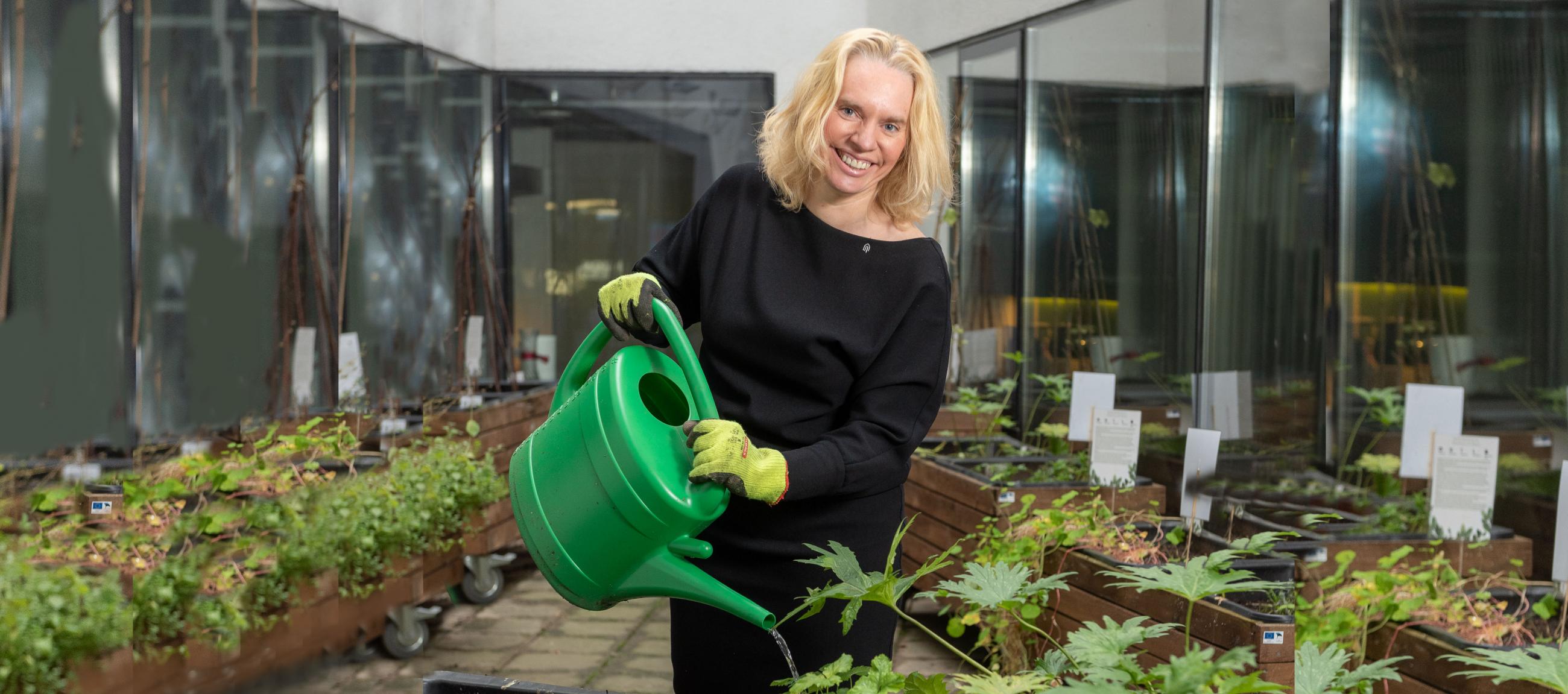TLU Calendar 2021: What’s up Professor of Environmental Management Helen Sooväli-Sepping?
TLU 2021 calendar’s focus researcher in August is from the School of Natural Sciences and Health, Professor of Environmental Management Helen Sooväli-Sepping. We asked what projects are she currently working on and how does she spend her spare time.

What research and projects are you currently working on?
Our research group is currently working on a number of studies on urban nature. To be more precise, then we study how urban nature affects human health and well-being. Among other things, we aim to find new and more effective methods, to get research input from different urban communities.
However, the more general goal of the research is to understand how knowledge transfers to residents more efficiently, i.e. how to create changes in society.
What inspires you?
I am inspired by mutually respectful cooperation. As a joke, I also rely on the principle that tango can only be danced by two people. This means that active participation and positive attitude from all involved parties is the force that brings great changes.
"An Estonian rests from work while doing another job - I load my batteries while doing rural work."
In addition to science, do you have any hobbies or activities to keep your physical and mental health in good balance?
Many activities excite my mind. I appreciate spending time with my friends - lately there have been fewer of them, but the more heartfelt, intellectual and fun they are. I really like being with my family and parents - I enjoy every moment spent together. And an Estonian rests from work while doing another job - I load my batteries while doing rural work.
Quo vadis, research?
I believe that for some time to come, research will be largely project-based. Society needs a practical output for major issues that need to be addressed urgently. Thus, applied research has an important place in the world of science.
Project-based research, in turn, means administrative work, which can sometimes be demotivating and research can be lost in administration. Personally, I care about Estonian-language research and I want it to be valued more in the research bureaucracy.